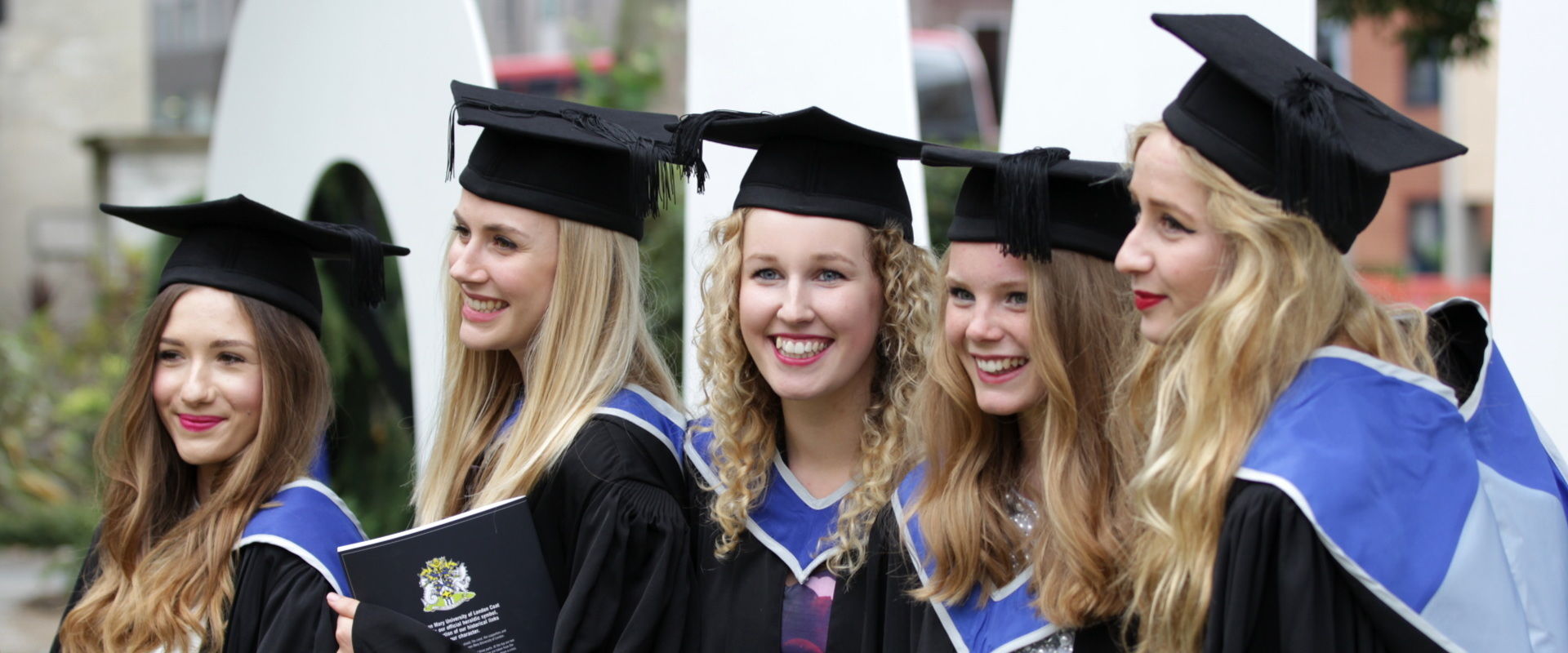MA in English Literature: English Literature
The English Literature MA pathway is ideal if you don’t wish to be confined to a specific period or disciplinary area. It asks fundamental questions about our ideas of literature and how these might have changed over time.
The pathway’s compulsory module, ‘The Production of Texts in Contexts’, opens up these questions by looking at a broad array of literature from a variety of historic periods. It considers how innovations in printing and publishing have affected writing, and asks to what extent political and social change conditions and defines authorial identities and practices.
Apart from the compulsory core module briefly described below, students taking the generic English Literature pathway take at least one pre-1900 module, and can freely choose their remaining two modules. Below are additional links to those pathways that allow you to see the rich variety of staff research interests and specialisms.
The Production of Texts in Context
The Production of Texts in Context is a trans-historical module that ranges across many different literary periods from the early middle ages to the present day. The module is team-taught so students experience teaching by ten to eleven different staff members, each of whom presents a topic related to their own particular interests and period specialisms. The teaching team and the topics represented vary from year to year according to staff availability, with recent topics including Ballad and Carol (Alfred Hiatt),
The Making of Paradise Lost (Joad Raymond), The Eighteenth-Century Newspaper (Chris Reid), Victorian Serialised Fiction (Matt Ingleby), Experimental Writing and Early Twentieth-Century Publishing (Scott McCracken), The Coming of Age Novel in Global Literature (Charlotta Salmi), Book Prizes and Literary Production (Huw Marsh), and Contemporary Graphic Narrative (Sam McBean). For the essay assignment students pick a subject relating to one of the topics and can seek advice from the relevant staff member. There is also a designated member of staff who acts as module convenor, sits in with students on the weekly seminars, and is able to offer general help and guidance.
Intakes
- Sep
Application Processing Time in Days: 30
Application Process
Minimum English Language Requirements
| English Level Description | IELTS (1.0 -9.0) | TOEFL IBT (0-120) | TOEFL CBT (0-300) | PTE (10-90) | |
|---|---|---|---|---|---|
| Expert | 9 | 120 | 297-300 | 86-90 | |
| Very Good | 8.5 | 115-119 | 280-293 | 83-86 | |
| Very Good | 8 | 110-114 | 270-280 | 79-83 | |
| Good | 7.5 | 102-109 | 253-267 | 73-79 | |
| Good | 7 | 94-101 | 240-253 | 65-73 | |
| Competent | 6.5 | 79-93 | 213-233 | 58-65 | |
| Competent | 6 | 60-78 | 170-210 | 50-58 | |
| Modest | 5.5 | 46-59 | 133-210 | 43-50 | |
| Modest | 5 | 35-45 | 107-133 | 36-43 | |
| Limited | 4 | 32-34 | 97-103 | 30-36 | |
| Extremely Limited | < 4 | < 31 | < 93 | < 30 |
Job Opportunity Potential
Careers support
The services we offer to support your career development include:
- one-to-one appointments to help you with your career direction, give feedback on job applications, offer insight into the job market and prepare you for interviews
- workshops to support your career development and job hunting
- employer events attracting recruiters and alumni from a rich range of sectors
- support for finding internships and parttime jobs
- specialist careers consultants to support PhD students through appointments, events and workshops.
Support for international students
- We offer a programme of support for international students throughout the year, which involves talks on how to find graduate work in the UK and an International Students Week featuring external speakers.
- Students can search for jobs across the world with our international jobs database, as well as browse our guides on getting work in particular markets.
- All students have access to a rich programme of employer events and career development workshops, running across the University year.
Support after graduation
Our careers support continues after you leave Queen Mary.
- All graduates have access to our Careers and Enterprise services for two years after graduation.
- You can have -
free one-to-one appointments in person, over the phone or via Skype
Attend our employer events
use our online psychometric testing and mock-interview software
access our jobs board – over 3,000 employers uploaded vacancies in 2018/19.
Queen Mary graduates have gone on to work in these organisations:
• Accenture • Allen & Overy • Arup • AstraZeneca • Baker McKenzie • Barts Health NHS Trust • European Central Bank • Fintech Innovation Lab • Google • HSBC • IBM • Institute of Cancer Research • Institute of Dentistry • J.P. Morgan • Jaguar Land Rover • Lloyds Banking Group • Natural History Museum • Penguin • PwC • Queen Mary • Save the Children • Shell • Stella McCartney • Thales • Thomson Reuters • World Economic Forum ...and many more!
Careers success
93% of our postgraduates are in work and/or study six months after graduation. 84% of those in work/study are in highly skilled work/study (most recent DLHE Survey of 16/17 leavers)*
Enterprise support
Many students and graduates across Queen Mary start or grow their own business or social venture each year. In 2018/19, Queen Mary gave out £45,000 in seed funding to help students start new, or grow existing businesse
PSW Opportunity
- 2 Years PSW is applicable after the course completing (Bachelors level or above).
Admission Requirement / Eligibility Criteria
Degree requirements
- A 2:1 or above at undergraduate level in English or a related subject such as History, Cultural Studies and Media Studies.
India
We normally consider the following qualifications for entry to our postgraduate taught programmes: Bachelor Degree (minimum 3 years) from selected institutions.
- UK 1st class degree: 70% to 80%
- UK 2:1 degree: 60% to 70%
- UK 2:2 degree: 50% to 60%
Offer conditions will vary depending on the institution you are applying from. For some institutions/degrees we will ask for different grades to above, so this is only a guide.
- Course Type: Full Time
- Course Level: Masters/PG Degree
- Duration: 01 Year
-
Total Tuition Fee:
19250 GBP
Annual Cost of Living: 12006 GBP
Application Fee: N/A

